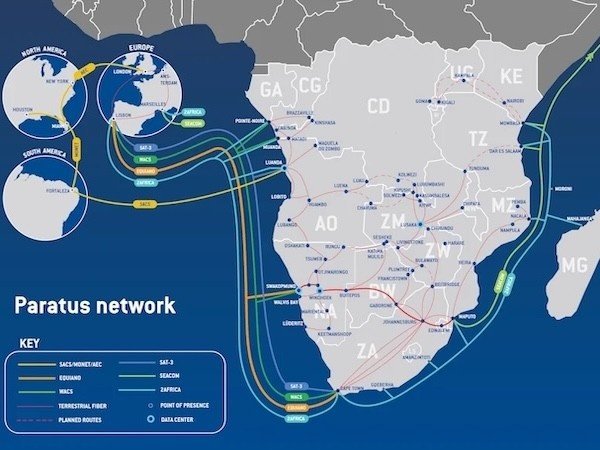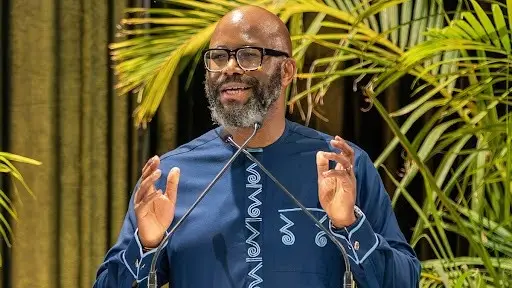Windhoek, Namibia — November 11, 2025: Paratus Group, the pan-African telecoms and network services provider, has launched “Paratus 500,” a new initiative that unites all its licensed fibre and satellite operations across 15 sub-Saharan African markets into a single, contiguous network.
Named after the 500 million people south of the equator that its footprint can reach, Paratus 500 positions the company as one of the few operators offering seamless regional connectivity spanning more than a third of Africa’s population and GDP.
The launch follows Paratus’ recent expansions into Rwanda and Uganda, adding to its presence in Angola, Botswana, Democratic Republic of Congo, Eswatini, Kenya, Malawi, Mozambique, Namibia, South Africa, Tanzania, Zambia, and Zimbabwe.
“With Paratus 500, we now have the most coverage under licence in sub-equatorial Africa,” said Schalk Erasmus, Group CEO of Paratus. “Our continued investment in fibre, satellite, and strategic partnerships empowers us to deliver scalable connectivity solutions to wholesale, enterprise, and individual customers — providing the freedom to connect anywhere, anytime.”
The Paratus 500 network integrates:
- Terrestrial fibre routes, including the East-West Connect corridor linking Maputo–Johannesburg–Botswana–Namibia to the Equiano Cable Landing Station in Swakopmund.
- Cross-border routes from Johannesburg to Lubumbashi through Zambia, Zimbabwe, and Botswana.
- Five satellite teleports and LEO broadband partnerships with Eutelsat OneWeb and Starlink, enhancing coverage in remote and underserved regions.
The initiative consolidates Paratus’ fibre, satellite, and subsea infrastructure under one unified service offering — improving regional resilience, reducing latency, and supporting the continent’s growing demand for high-capacity data transport and cloud connectivity.
By combining its terrestrial and space-based assets, Paratus 500 underscores the company’s ambition to become the connectivity backbone of sub-equatorial Africa, enabling smarter businesses, more inclusive digital services, and stronger cross-border trade.















